Developing strong literacy skills begins with a solid foundation in letter recognition. For children with special needs, this crucial step can present unique challenges. However, by employing evidence-based strategies and tailoring approaches to individual needs, educators and caregivers can effectively guide young learners toward mastering this essential skill.
Multisensory Learning: Engaging multiple senses can significantly enhance letter recognition for children with special needs. Consider incorporating activities like:
- Tactile experiences: Shaping play dough into letters, tracing sandpaper letters, or building letter shapes with blocks.
- Visual aids: Utilizing flashcards with bright colors and contrasting fonts, creating letter collages, or playing alphabet scavenger hunts.
- Auditory stimulation: Singing alphabet songs, rhyming games focusing on letter sounds, or using audiobooks that highlight specific letters.
Personalized Instruction: Recognizing individual learning styles and adapting instruction accordingly is key. Some children may benefit from:
- Explicit instruction: Clearly demonstrating letter formation, highlighting letter-sound correspondence, and providing frequent guided practice.
- Small group or individual sessions: Tailoring activities and pacing to individual needs, offering targeted support and immediate feedback.
- Technology integration: Utilizing educational apps, games, and interactive learning platforms to engage different learning styles.
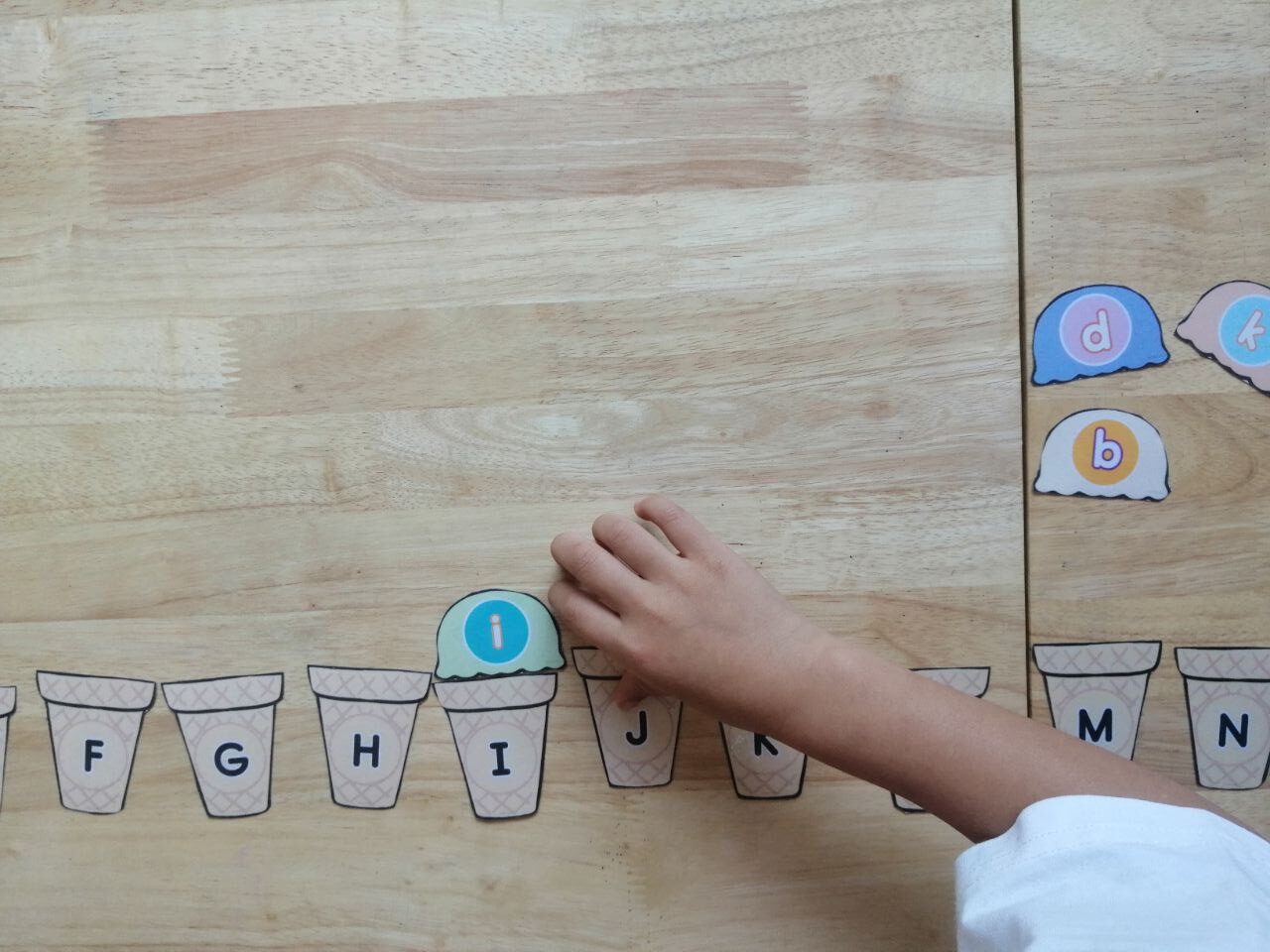
Fun and Engaging Activities: Keeping learning enjoyable is crucial for maintaining motivation and fostering a positive association with letters. Some engaging activities include:
- Sensory bins: Filling bins with sand, rice, or beans and hiding letter magnets or blocks for children to discover.
- Matching games: Creating memory games with uppercase and lowercase letter pairs, or sorting objects based on their initial letter sound.
- Movement and play: Incorporating letter recognition into active games like hopscotch with letter squares or Simon Says with letter movements.
Assessment and Progress Monitoring: Regularly evaluating progress and adjusting strategies as needed is crucial for maximizing learning outcomes. Consider:
- Informal observations: Monitoring engagement, participation, and understanding during activities.
- Formal assessments: Utilizing standardized or teacher-created assessments to track progress and identify areas needing additional support.
- Data-driven decision making: Analyzing assessment results to inform instructional planning and adapt methods for optimal learning.
Collaboration and Communication: Ongoing communication between educators, caregivers, and therapists is essential for providing consistent support and ensuring a coordinated approach to teaching letter recognition. Sharing strategies, observations, and progress updates can significantly contribute to a child’s success.
By implementing these evidence-based strategies and prioritizing individualized instruction, fun activities, and ongoing assessment, educators and caregivers can effectively support children with special needs in their journey towards mastering letter recognition and laying the foundation for future literacy success.
Find out if your child needs extra support today!
- My child screams hysterically
- My child is mean to other children
- My child is always worried
- My child is scared to go to school
- My child is scared of loud noises
- My child doesn’t know how to read
- My child is scared to play outside
- My child does not respond to his name
- My child always gets in trouble
- My child fights with other children
- My child doesn’t know how to count
If you are concerned about your child’s development, contact us for Assessments: Phone/Telegram: 077.455.993 – Telegram Link: https://t.me/OrbRom
If you are concerned about your child’s development, contact us for Assessments.
Phone/Telegram: 077.455.993 Link: https://t.me/OrbRom

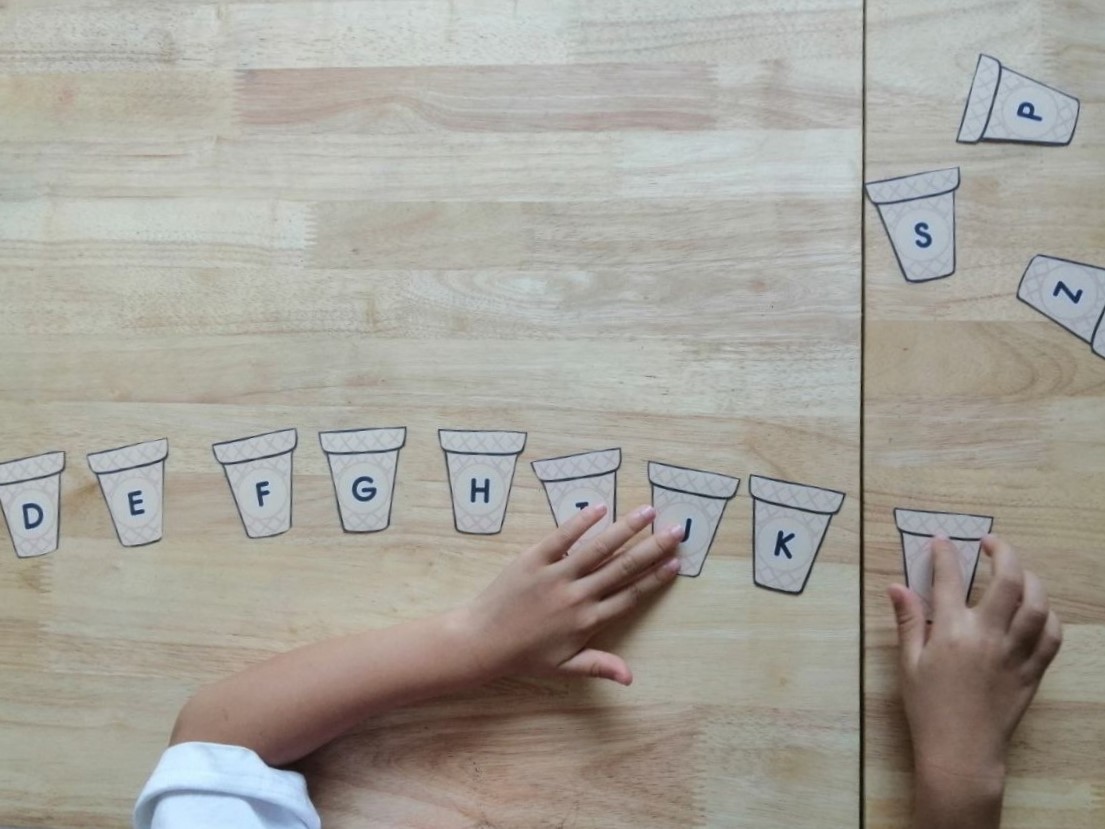

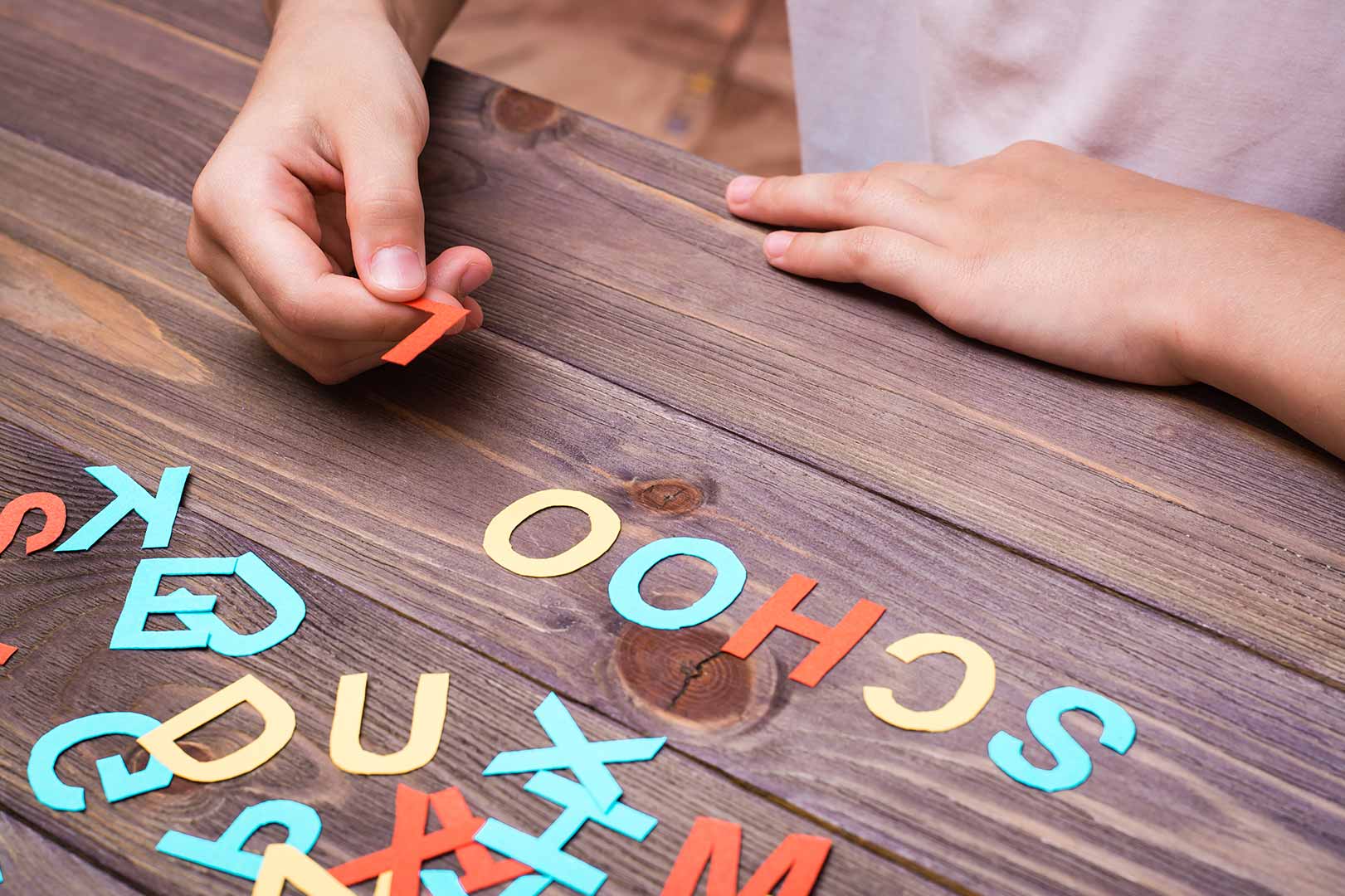
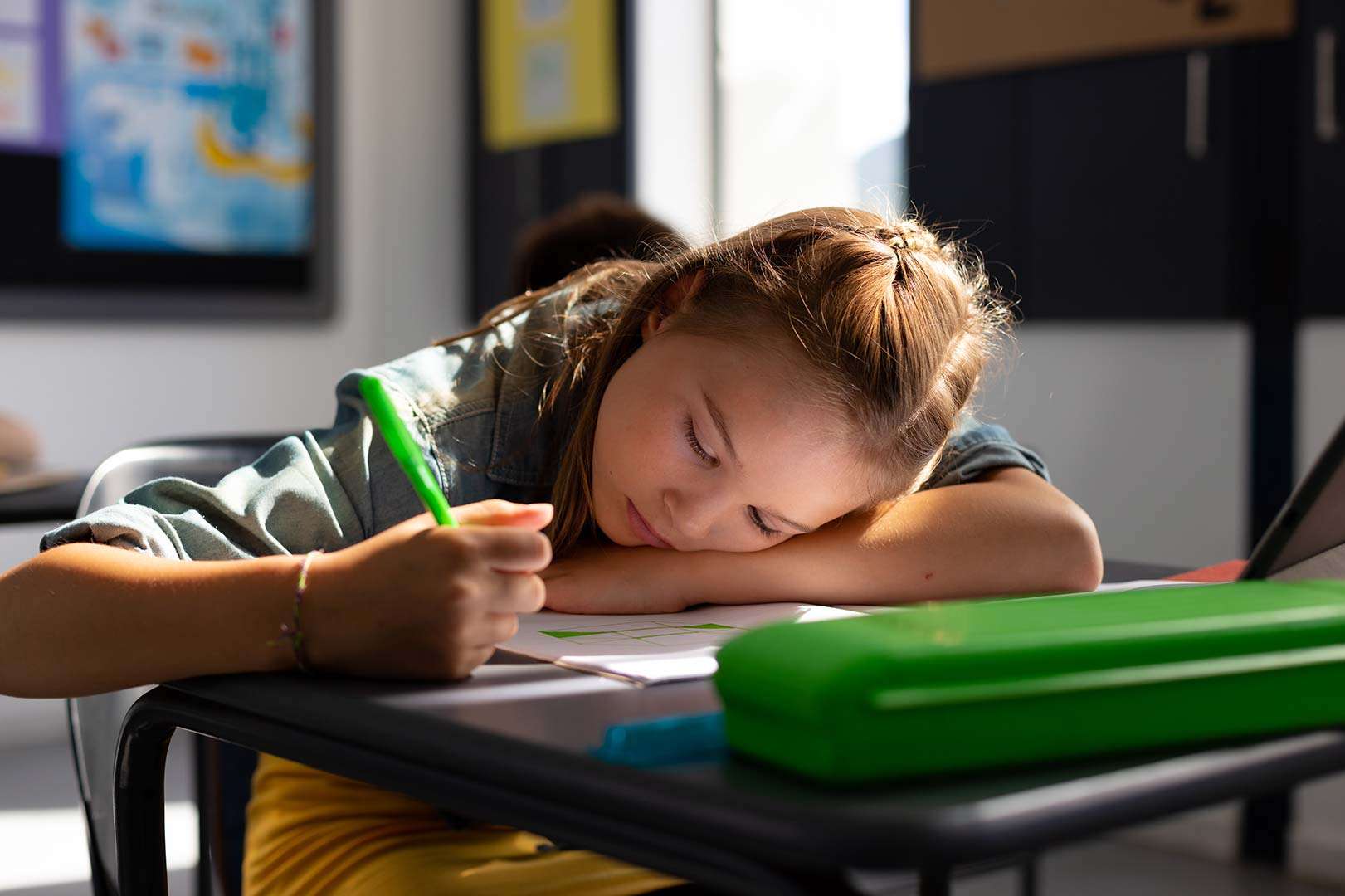
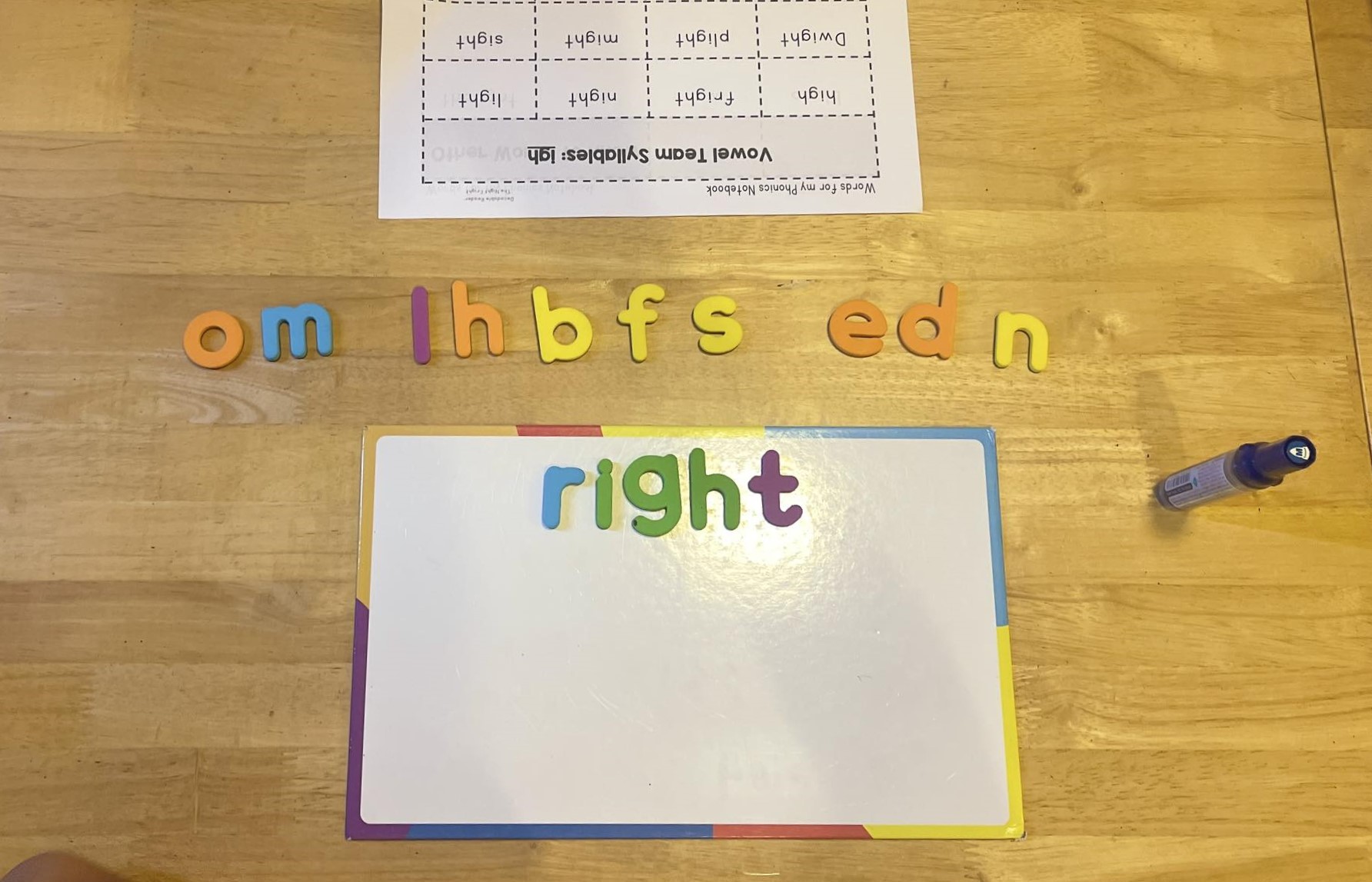
Leave A Comment